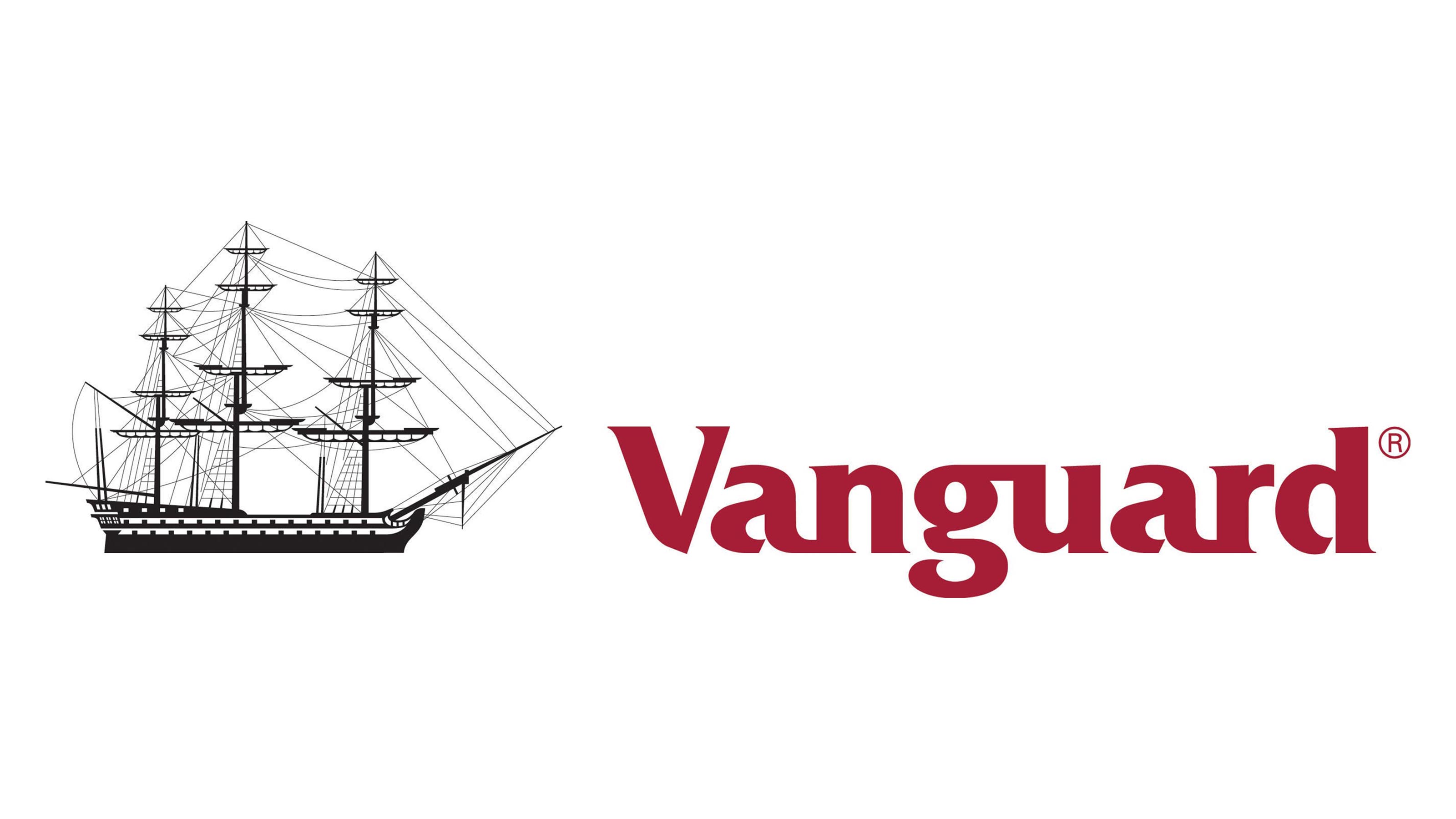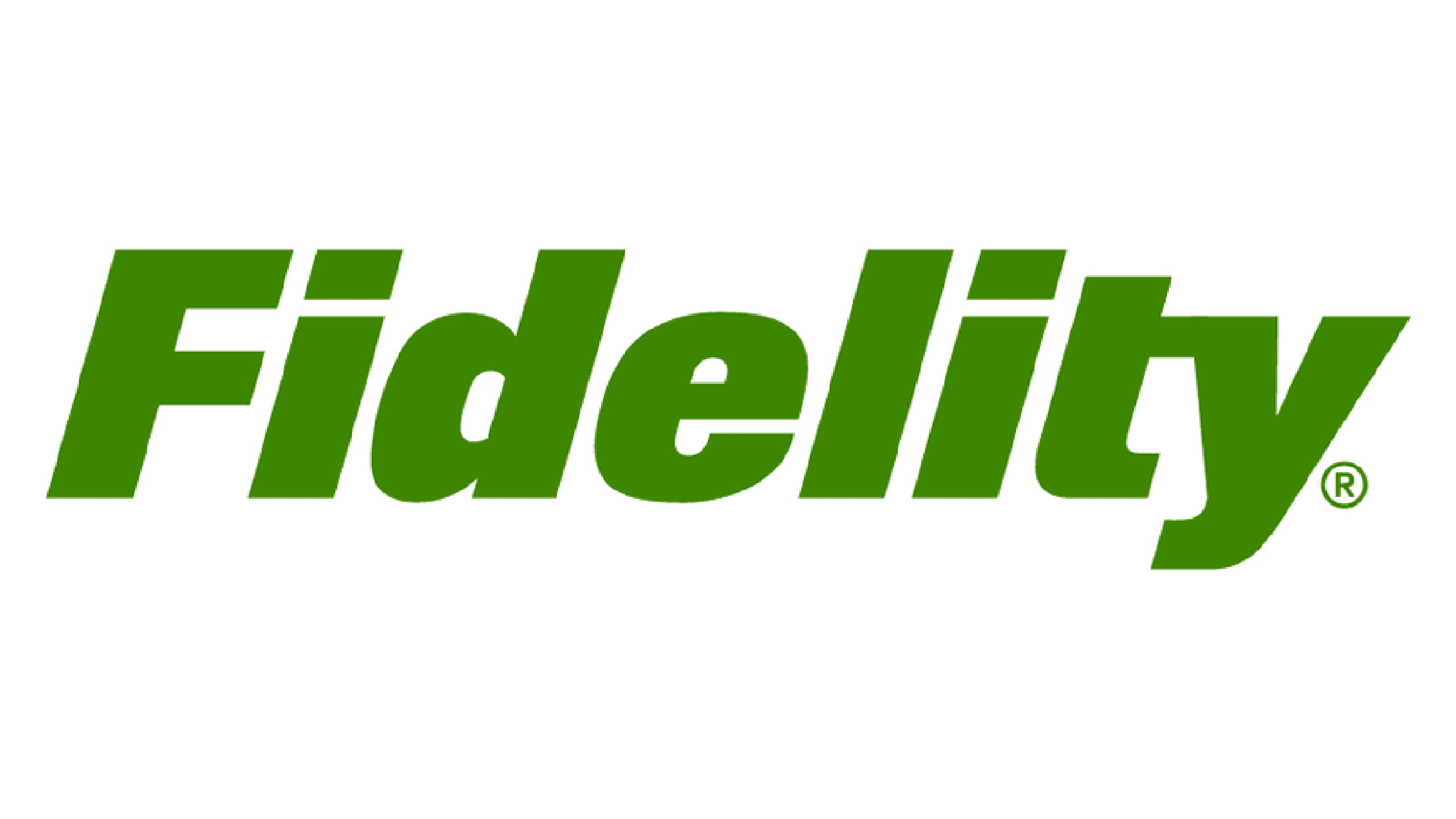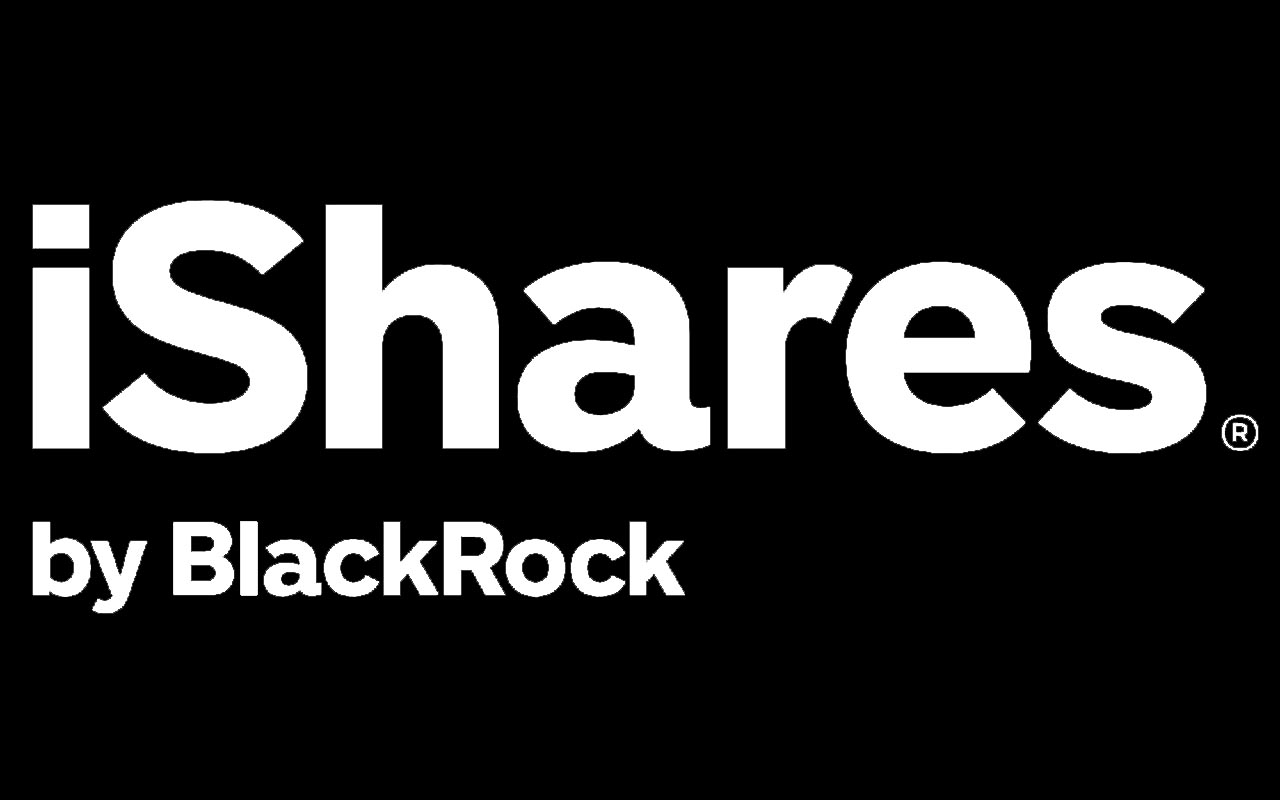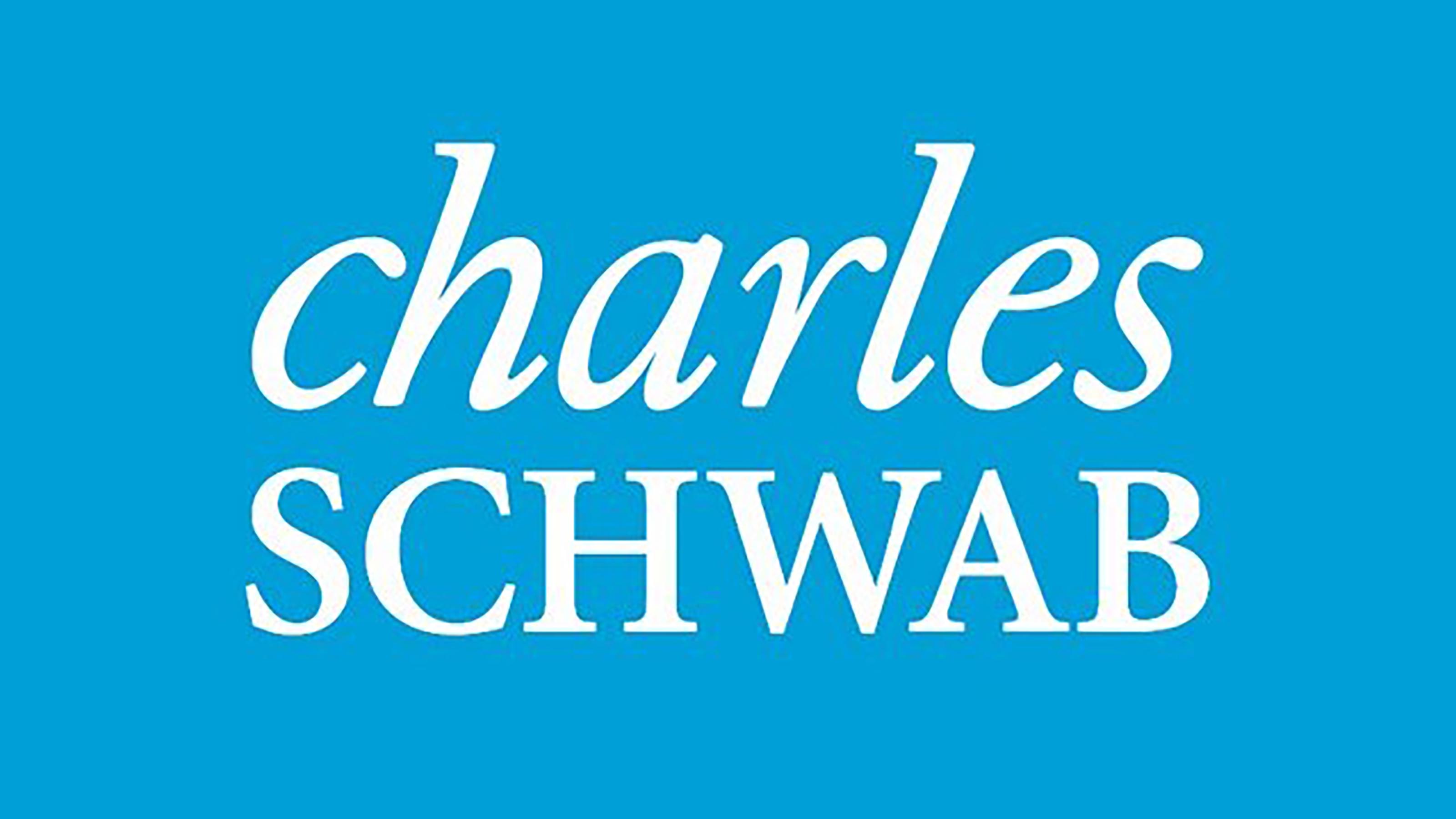The 7 Best Funds for Beginners
New investors have it better than ever. The best mutual funds and ETFs for beginners feature no minimum investments, dirt-cheap fees and broad market exposure.


Profit and prosper with the best of Kiplinger's advice on investing, taxes, retirement, personal finance and much more. Delivered daily. Enter your email in the box and click Sign Me Up.
You are now subscribed
Your newsletter sign-up was successful
Want to add more newsletters?

Delivered daily
Kiplinger Today
Profit and prosper with the best of Kiplinger's advice on investing, taxes, retirement, personal finance and much more delivered daily. Smart money moves start here.

Sent five days a week
Kiplinger A Step Ahead
Get practical help to make better financial decisions in your everyday life, from spending to savings on top deals.

Delivered daily
Kiplinger Closing Bell
Get today's biggest financial and investing headlines delivered to your inbox every day the U.S. stock market is open.

Sent twice a week
Kiplinger Adviser Intel
Financial pros across the country share best practices and fresh tactics to preserve and grow your wealth.

Delivered weekly
Kiplinger Tax Tips
Trim your federal and state tax bills with practical tax-planning and tax-cutting strategies.

Sent twice a week
Kiplinger Retirement Tips
Your twice-a-week guide to planning and enjoying a financially secure and richly rewarding retirement

Sent bimonthly.
Kiplinger Adviser Angle
Insights for advisers, wealth managers and other financial professionals.

Sent twice a week
Kiplinger Investing Weekly
Your twice-a-week roundup of promising stocks, funds, companies and industries you should consider, ones you should avoid, and why.

Sent weekly for six weeks
Kiplinger Invest for Retirement
Your step-by-step six-part series on how to invest for retirement, from devising a successful strategy to exactly which investments to choose.
Once upon a time, the biggest hurdle for beginner investors who wanted to build a diversified portfolio was saving up enough to buy that first investment. Funds typically involved large minimum purchases, some of which was eaten up by onerous sales charges.
Today, that hurdle has been flattened. Exchange-traded funds (ETFs) can now be purchased for the price of just one share, and many mutual funds now have low (and even no) minimum investments. Better still, annual expenses are edging lower every day.
The biggest hurdle nowadays for beginners is deciding which mutual funds and ETFs they should invest in. We can help with that.
Today we're going to look at a short list of the best funds for beginner investors. But understand that the idea of this list isn't to go out and invest equally across all of these funds. Instead, consider it an abbreviated menu from which you might choose one or two or three options to start your portfolio.
You'll notice these top beginner funds lean almost exclusively toward stocks. That's because bonds are often too defensive and low-growth in nature for younger beginners, who have time to ride through the stock market's ups and downs. Just remember that when you invest in stocks, volatility is natural. Your investments will go down some days, but historically, the stock market has gone up over the long term, and that should continue to be the case going forward.
Here, then, are seven of the best funds for beginners.
Data is as of July 29. Yields represent the trailing 12-month yield, which is a standard measure for equity funds.

Vanguard Total World Stock ETF
- Assets under management: $13.8 billion
- Dividend yield: 2.2%
- Expenses: 0.08%
If you were to choose just one fund to start your portfolio, the Vanguard Total World Stock ETF (VT, $79.59) would be hard to beat. This exchange-traded fund provides exactly what the name suggests: exposure to the worldwide stock market, including the U.S.; developed foreign markets such as the U.K. and Japan; and emerging markets, which include still-developing nations like India and China.
Vanguard Total World Stock ETF does a nice job of replicating the world stock market, too. The U.S. accounts for around 55% of the global stock market, and VT's portfolio is presently 57% U.S.-based. Japan (7.5%) and China (4.6%) make up the next largest portions. In total, you're getting exposure to nearly 8,700 stocks from more than 40 countries.
The fund is weighted by market size, so a few stocks – such as Microsoft (MSFT) and Apple (AAPL), each at 3% of assets – will have an outsized pull on the fund. But for the most part, you're still getting excellent diversification, both in number and geography. That and its low expenses make VT one of the best funds for beginners.
VT also comes in mutual fund form via the Vanguard Total World Stock Index Fund Admiral (VTWAX, $28.18). This version of the fund will cost a tiny bit more at 0.10% and has a $3,000 minimum investment. But under the hood, it's all the same.

Fidelity ZERO Total Market Index Fund
- Assets under management: $5.4 billion
- Dividend yield: 1.5%
- Expenses: 0.0%
One idiom that does not apply to investing is "you get what you pay for." Paying more for an investment doesn't make it better – in fact, the opposite can be true, whether it's paying for an overpriced stock, or losing out on performance due to onerous fund fees. In fact, the longer you hold a fund, the more of your potential growth high fees will consume.
Fortunately, investment fees on funds have never been lower. Not only have brokerages gone commission-free, but you now have access to a few zero-expense funds, including the products that Fidelity Investments debuted in 2018. Their "Zero" line of funds feature 0% annual expense ratios and no minimum investments. The only possibly detractor from your return is fund turnover (how much buying and selling the manager does within the fund, which does rack up institutional trading fees).
Fortunately, the Fidelity ZERO Total Market Index Fund (FZROX, $11.52) is a passively managed index fund with a turnover of merely 6%, which means it would take roughly 17 years for the entire portfolio to get turned over once. So no, trading expenses aren't a concern, either.
FZROX is a total U.S. stock market fund that invests in large, medium and small companies alike. Like VT, this Fidelity mutual fund is weighted by float-adjusted market-cap, which means the largest companies still have the biggest effect on the fund's performance. Roughly three-quarters of FZROX's assets are in large-cap stocks, with another 16% in mid-caps and the rest in small firms. Still, it's more diversification than you'll get than an S&P 500-tracking product.

iShares MSCI Emerging Markets ETF
- Assets under management: $53.7 billion
- Dividend yield: 3.4%
- Expenses: 0.13%
"Emerging markets are home to a larger portion of the world's population and a growing portion of the economic output," says Daniel Price, a chartered financial analyst and head of iShares product consulting for BlackRock's U.S. Wealth Advisory business.
As these markets continue to grow, "the world is likely to have to pay increased respect to the Far East, and so there should be a position, especially for younger people, in that part of the world," says Lewis J. Altfest, CEO of Altfest Personal Wealth Management in New York City.
He tells young investors to put "a modest to moderate amount of money" – not all of your money, but some – into emerging markets stocks.
That's something you can do easily via the iShares MSCI Emerging Markets ETF (IEMG, $52.66), which is among the least expensive portfolios in the category, ranking in Morningstar's cheapest quintile.
"Consider it the risky part of your portfolio," Altfest says, because emerging markets are more volatile than developed ones.
To help mitigate this risk, it's best to diversify your emerging market exposure across multiple countries. "While any one stock or country can be quite risky, diversifying broadly across the segment can give investors the return potential with a reduction in risk," Price says.
IEMG's ability to tackle that makes it one of the best funds for beginners. With almost 2,500 stocks from a couple dozen countries, iShares MSCI Emerging Markets ETF boasts one of the broadest and most diversified portfolios in the category. Holdings right now include the likes of China's Alibaba (BABA) and Tencent (TCEHY), and Taiwan chipmaker Taiwan Semiconductor (TSM).

iShares Core S&P Small-Cap ETF
- Assets under management: $42.2 billion
- Dividend yield: 1.7%
- Expenses: 0.06%
Just as emerging markets have more room to grow than developed markets, small-cap stocks typically have more growth potential than large-company equities.
"Relative to larger companies, small caps are lesser-known companies with potentially strong growth opportunities that might make them tomorrow's leaders," BlackRock's Price says.
This can make them good investments for long-term investors looking for growth, but also like emerging markets, these smaller companies carry more risk. It's easier for them to grow, but because of narrower revenue streams and less access to capital, it's also easier for small firms to fall out of favor or go out of business.
"Investing in an ETF versus individual stocks provides the additional benefit of diversification so that an investor can capture the growth opportunity of a sector while minimizing the risk of investing in a single company," Price says.
The iShares Core S&P Small-Cap ETF (IJR, $72.12) is one of the best funds in the U.S. small-cap space, and at more than $42 billion in assets, it's larger than the popular iShares Russell 2000 ETF (IWM).
IJR, which holds stocks such as automotive retailer Lithia Motors (LAD) and wing chain Wingstop (WING), has outperformed its category average over the last 15 years but with no additional volatility.

Fidelity MSCI Information Tech ETF
- Assets under management: $4.2 billion
- Dividend yield: 1.0%
- Expenses: 0.08%
Technology-focused funds are among the best funds for beginners, too, if it's growth you're after.
The technology sector has held up far better than most of the rest of the market during America's weakened economic state, in large part because technology provides so many solutions to the problems we currently have. While the S&P 500 and Dow are still near or below where they started the year, the tech-heavy Nasdaq is well in the black and yet again sitting near all-time highs.
"A technology mutual fund or ETF can provide exposure to some of the interesting growth opportunities in the market, while providing more diversification than a position in a single tech stock," says Greg Friedman, head of ETF management and strategy for Fidelity MSCI Information Tech ETF (FTEC, $84.74). "That said, the tech sector can still have more volatility than a portfolio that is fully diversified across different sectors, and across both stocks and bonds."
In other words, if you do invest in a tech fund, make sure it's a smaller portion of your portfolio, and know that it might be a bumpier ride than some of the more blended products we've already mentioned.
As for FTEC itself, it stands out for a few reasons. For one, it provides exposure to large-, mid- and small-cap tech stocks, whereas many popular tech funds are more focused on only large-cap stocks. But again, larger equities still rule the roost, with the top 10 holdings – including Apple, Visa (V), and Adobe (ADBE) – commanding nearly 60% of the fund's assets.
And an expense ratio of just 0.084% makes FTEC one of the cheapest tech ETFs on offer.

Schwab US Dividend Equity ETF
- Assets under management: $11.7 billion
- Dividend yield: 3.5%
- Expenses: 0.06%
There are two ways to get paid as a stock investor: 1.) via the capital appreciation of your shares (prices go up), and 2.) via dividends, which are cash payments that some companies periodically make to shareholders.
Dividends appeal to investors because while a stock's share price may be subject to the whims of the market, dividends – especially on U.S. stocks – are fairly consistent. Yes, economic crises can lead to dividend cuts and even suspensions. But largely speaking, dividends keep you paid, even if the stock price itself isn't cooperating.
While you could build your own dividend portfolio with individual stocks, using an ETF "will better protect your investment against a single stock determining whether you make a lot of money or lose it all," says Tony Walker, a retirement planning specialist and author of Live Well, Die Broke. He points his clients to spread their risk across to the Schwab U.S. Dividend Equity ETF (SCHD, $54.69), which tracks an index of roughly 100 dividend-paying U.S. stocks including United Parcel Service (UPS), Pfizer (PFE) and PepsiCo (PEP).
These stocks must have paid dividends for at least 10 years in a row and be among the top-scoring companies in metrics like return on equity, cash flow relative to total debt and five-year dividend growth. Adding these quality screens helps keep SCHD's portfolio from becoming too risky, as many funds seeking high dividend yield can become. This, coupled with a low expense ratio of 0.06%, makes SCHD one of the best funds for beginners looking to generate a little income.

Fidelity Puritan Fund
- Assets under management: $27.1 billion
- Dividend yield: 1.4%
- Expenses: 0.53%
The only way to succeed at investing is to stick with it. Even the most finely tuned portfolio won't do you any good if you panic sell when the market has a downturn. So, if you are a beginner, before you choose any of the funds on this list, ask yourself this:
What would you do if your portfolio lost 10% of its value in a week?
If the answer is "sell everything and hide under my bed," then an all-stock portfolio might not be for you.
Bonds, which are debts issued by an institution such as the U.S. government, a state or even a publicly traded company, provide investors with regular fixed income. Because of their perceived safety, they often do well when investors are fearful and selling off their stocks. Thus, adding bonds to your portfolio can lessen the impact of stock market declines.
However, bonds typically trade around a "par" value, so while they can appreciate or depreciate over time, they don't really have the same upside or downside potential as stocks. Enter balanced funds, such as the Fidelity Puritan Fund (FPURX, $24.43), which aim to strike a balance between stock and bond exposure.
FPURX, which launched on April 16, 1947, isn't just one of the best funds for beginners – it's one of the oldest funds around. It targets an allocation of 60% stocks to 40% bonds, and it has ranked in the top performance quartile among its peers seven years out of the past 10.
Current portfolio manager Daniel Kelley, who took the helm in 2018, is committed to broad diversification and keeping an eye on risk.
"I pay close attention to the underlying fundamentals, valuation and free cash flow potential of the businesses the fund invests in with the aim of avoiding businesses with deteriorating fundamentals, excessive valuations or significant risk factors outside of management's control," he says.
FPURX is equity-heavy at the moment. More than 60% of the fund is currently invested in domestic equities, and another 6% is in international equities. Another 30% of assets are spread across Treasuries, corporate issue, sovereign debt and other bonds, and the remainder is in cash.
Like FZROX, Fidelity Puritan has no required minimum investment.
Profit and prosper with the best of Kiplinger's advice on investing, taxes, retirement, personal finance and much more. Delivered daily. Enter your email in the box and click Sign Me Up.

Coryanne Hicks is an investing and personal finance journalist specializing in women and millennial investors. Previously, she was a fully licensed financial professional at Fidelity Investments where she helped clients make more informed financial decisions every day. She has ghostwritten financial guidebooks for industry professionals and even a personal memoir. She is passionate about improving financial literacy and believes a little education can go a long way. You can connect with her on Twitter, Instagram or her website, CoryanneHicks.com.
-
 Dow Adds 1,206 Points to Top 50,000: Stock Market Today
Dow Adds 1,206 Points to Top 50,000: Stock Market TodayThe S&P 500 and Nasdaq also had strong finishes to a volatile week, with beaten-down tech stocks outperforming.
-
 Ask the Tax Editor: Federal Income Tax Deductions
Ask the Tax Editor: Federal Income Tax DeductionsAsk the Editor In this week's Ask the Editor Q&A, Joy Taylor answers questions on federal income tax deductions
-
 States With No-Fault Car Insurance Laws (and How No-Fault Car Insurance Works)
States With No-Fault Car Insurance Laws (and How No-Fault Car Insurance Works)A breakdown of the confusing rules around no-fault car insurance in every state where it exists.
-
 Best Mutual Funds to Invest In for 2026
Best Mutual Funds to Invest In for 2026The best mutual funds will capitalize on new trends expected to emerge in the new year, all while offering low costs and solid management.
-
 The 24 Cheapest Places To Retire in the US
The 24 Cheapest Places To Retire in the USWhen you're trying to balance a fixed income with an enjoyable retirement, the cost of living is a crucial factor to consider. Is your city the best?
-
 Smart Ways to Invest Your Money This Year
Smart Ways to Invest Your Money This YearFollowing a red-hot run for the equities market, folks are looking for smart ways to invest this year. Stocks, bonds and CDs all have something to offer in 2024.
-
 Vanguard's New International Fund Targets Dividend Growth
Vanguard's New International Fund Targets Dividend GrowthInvestors may be skittish about buying international stocks, but this new Vanguard fund that targets stable dividend growers could ease their minds.
-
 Best 401(k) Investments: Where to Invest
Best 401(k) Investments: Where to InvestKnowing where to find the best 401(k) investments to put your money can be difficult. Here, we rank 10 of the largest retirement funds.
-
 7 Best Stocks to Gift Your Grandchildren
7 Best Stocks to Gift Your GrandchildrenThe best stocks to give your grandchildren have certain qualities in common. Here, we let you know what those are.
-
 How to Find the Best 401(k) Investments
How to Find the Best 401(k) InvestmentsMany folks are likely wondering how to find the best 401(k) investments after signing up for their company's retirement plan. Here's where to get started.
-
 How to Master Index Investing
How to Master Index InvestingIndex investing allows market participants the ability to build their ideal portfolios using baskets of stocks and bonds. Here's how it works.
